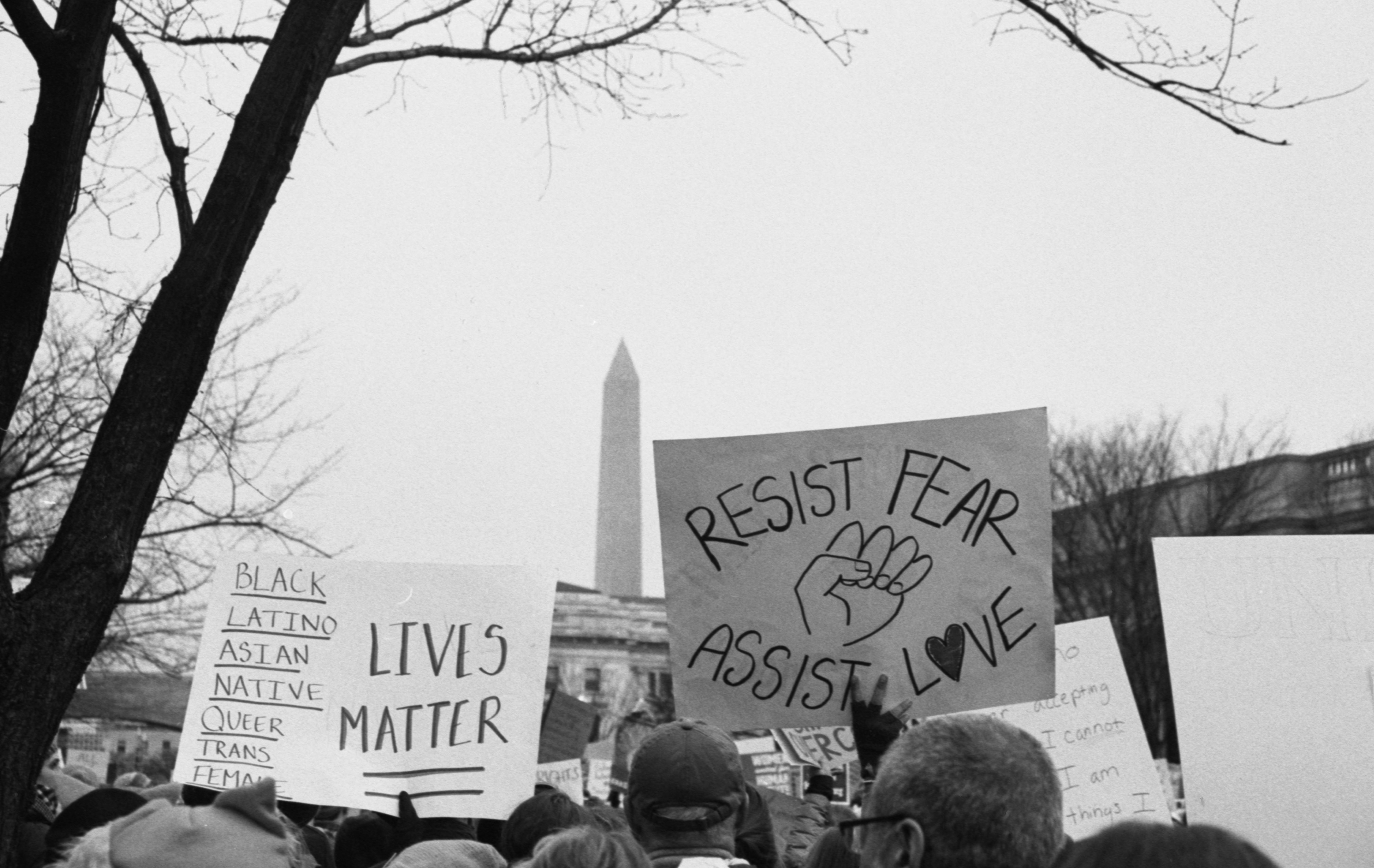Review by Eli Hager

In Benh Zeitlin and Lucy Alibar’s Beasts of the Southern Wild, a six-year-old girl named Hushpuppy — tiny and titanic, victim and invincible, a beast but more so a woman — has to figure how to tell her father she’ll be all right. She’s physically powerless; her biceps (we know because she flexes for him anyway) are about as thick as marshgrass. He’s dying of an unnamed blood disease. And their home, a beautiful, isolated, waterlogged bayou community called the Bathtub, is threatened by Katrina, rising sea levels, meddlesome rescue workers and prehistoric Aurochs.
Here’s what she does. “In a million years,” she says, staring those big, mean creatures in the eye, daring them not to listen and her father not to cry, “scientists, they gonna know once there was a Hushpuppy.” She stares us down too, out in the audience, and she runs off into the water.
As a film Beasts of the Southern Wild is shot through with the same willful, convincing audacity, staring down criticism and sticking to its story. Propelled evenly by its astonishing lead performances (Hushpuppy is played by best-actress-nominee Quvenzhané Wallis; Wink, her father, by Dwight Henry), the narrative sets in motion all kind of knotty thematic polarities, and is contented not to unravel them.
As it opens, for example, we hear the sound of the rising water and of the wind, we see Wink’s trailer, raised up on stilts, and we’re thinking of survival. Cut to Hushpuppy’s little hands — she’s caring for a squeaking baby bird, not for herself — and we’re thinking love. Her schoolteacher, later, tells the Bathtub kids that everybody’s just “meat, meat, meat,” but Hushpuppy’s wise, magnetic voice — heard in voiceover without self-consciousness — is plenty proof that she’s a hell of a lot more than that.
The thematic trickiness doesn’t end there. What’s to be valued: the stubborn, awesome independence that makes this outside-the-levee community so vivid, or the kind of big-government aid (intrusion?) that, when the storm comes, will save lives? Should we believe the woman, a kind of mother figure, who warns Hushpuppy “nobody going to be there to pick it up for you,” or the one who teaches her “you’ve got to learn to take care of people smaller and sweeter than you are”?
The place, even, and the music, are complicated. The Bathtub is certainly beautiful — we’re treated to spectacular sundowning views of the tide rising and falling in the Gulf; of Hushpuppy and her tiny friends sparking fireworks that shine off the waterways and swamp; of heaps of crawdads and half-empty beers that glitter just as bright. But it’s also a poor, struggling place, a place where those kids’ bellies are conspicuously swollen, where they’ve got to sidestep piles of entrails and broken glass to get to school. The soundtrack, too (it’s mostly aching, fiddling Cajun-Scottish ballads), has the ambivalent quality of great blues and bluegrass and jukejoint music. The root notes are complicated by the flatted seventh. The blue notes are in-between. The terror feels good; the joy feels tentative. This stuff sounds like it’s from outer space at the same time that it reminds you of home.
Complexity is a good thing, by the way: this is an admiring (adoring?) review. Complexity is honest: in Bathtub and everywhere else — outside of most other movies about black people — human beings aren’t one thing or the other. Hushpuppy is, on the one hand, tremendously, outrageously fragile and naive; she believes she matters, which is the silliest kind of cluelessness. Yet on the other hand, she’s got more power than anyone around. We believe her when she says “they gonna know there was a Hushpuppy,” because–well because, I mean, look how she doesn’t blink! Tell me she’s not telling the truth!
Wink, finally (and particularly in Hushpuppy’s view), is both the strongest man in the history of the world and the weakest, the meanest and the kindest, the closest to her heart and the farthest. He’s the fullest, thorniest black character in movies this year–with the exception, maybe, of Denzel Washington’s Whip Whitaker in “Flight.” He says “I got it under control” over and over again, and for awhile Hushpuppy agrees: when the doctors say he’s going to die, that everyone dies, she says “not my daddy.” But then again we know he’s entirely out of control: he’s drunk, he’s raging, and he’s dying.
Wink slaps Hushpuppy once, brutally, after he’s diagnosed, and we can see the pain and fear all over both their faces. In the next moment, the storm coming, he makes her safe and demonstrates how not to be afraid. What we see from her now is fierce courage, and love.
In other words, what Hushpuppy says to the Aurochs at the end of the movie–“I’m your friend kind of”–she means about everything in her world: Bathtub, the weather, the earth, her father and the memory of her mother. Beasts of the Southern Wild is a smart, mesmerizing film precisely because it leaves it to us to take sides. It doesn’t agree with the shrimp-boat sailor who fishes Hushpuppy up out of the water, who saves the wrappers from every biscuit he’s ever eaten, because he “wants to feel cohesive.”
*
That’s why I find much of the criticism of this film, the criticism that’s objected to it as a kind of simple “poverty porn,” so confusing and ultimately preposterous. The critic and feminist theorist bell hooks, for instance, has argued that Hushpuppy and Wink are “racist and sexist representations depicted from slavery on into the present day,” and that their story is a kind of “pornography of violence” delivered to audiences in air-conditioned movie theaters. It’s a criticism I’m entirely ready to consider: given a story set in Louisiana, race and gender do matter, and the politics of how a black woman’s story is presented (and by whom) are intricate.
That said, the criticism in this case elides the argument I’ve made: that Hushpuppy and Wink are the opposite of the kinds of stereotypes so often set aside for black characters on screen, that in fact they’re marked by their complexity. The essay by bell hooks seems to understand this, but ignore it, and the result is a litany of contradictions. In the same breath, she avers that Hushpuppy is both a romanticized victim and a “version of the ‘strong black female matriarch'”; later, in equally quick succession, she says Wink is “sick and dying” but then that he is, somehow, the “representative hard badass black man…who is immune to physical and emotional pain.”
The point that’s inherent (if unmentioned) in these statements, and what seems obvious to me, is that these two people exist between the recognizable poles, which is what makes them such good, detailed characters. As Nelson George has noted, they’re given real backstory and real-world motivation, unlike so many black characters in art and film and fiction. They’re agents to the extent they can be, and they’re not foils for white characters; they’re neither too noble nor too “ghetto” to be real. If you watch Hushpuppy for two hours and conclude, as bell hooks does, that she’s been presented as “an animal,” then you missed about a hundred percent of what I saw in that problematical girl.
Ultimately, it feels as if it’s the critic, in this case, not the movie or “society,” who’s trying to reduce the girl and the father to single, limited archetypes. (See The Help or Lincoln or Blood Diamond if that’s what you’re after.) It feels, even, for all practical purposes, as if it’s the critic who is serving a system in which black and female stories are afraid to ever get told.
The more complicated and reasonable criticism, however, is that Beasts of the Southern Wild exploits the imagery of poverty and filters it into entertainment. (Slumdog Millionaire and City of God teeter dangerously in that direction, for example.) Yet I wonder, when I hear The New York Times‘s Eric Weiner or Dish’s Andrew Sullivan contend that this or that is “poverty porn,” whether the implicit case is simply that stories about low-income or marginalized people should not be told. It seems as if that has to be the conclusion of all this. Either a story romanticizes poverty and the poor, in turn anesthetizing the rest of us from the real hard pain of it — or else it depicts only the pain and the poverty, often with a kind of political agenda, in turn neglecting the wonderful wonderfulness of poor people’s stories. A film like Beasts of the Southern Wild, which works so consciously and earnestly between the poles, between easy understandings, and tells the story it has to tell — it just can’t get a break. It shouldn’t be told.
Even if it is told the right way (i.e. without the usual stereotypes), the logic goes, it’s still a kind of “voyeurism,” a “looking-in” on the lives of the poor by people with the cash for popcorn.
Um, I’m sorry, but isn’t that sort of the point of art? I don’t know about you, but I read books and watch movies — no matter what they’re about, the poor or the rich, the black or the white, kids and adults, fathers from Kalamazoo and daughters from Timbuktu — to “look in” on other worlds. That’s how, uhhh, I learn. It’s how I develop consciousness, experience, sympathy, empathy. This criticism of voyeurism is fundamentally no more than a criticism of art, of reading, of watching, of conversation: if you haven’t lived it yourself, you have no right to know about it or care about it.
The inevitable conclusion of that line of thinking, again — speaking in utilitarian terms — is that the stories of underprivileged but complicated and interesting people like Hushpuppy and Wink do not get told. And that would be a sort of insult-added-to-injury for already-marginalized individuals and groups. Getting all kind of images and stories and realities to a broad audience is historically–think The Jungle, How the Other Half Lives, the role of television imagery in the success of the Civil Rights Movement–what’s worked, and the true insult to the families of the Bathtub would be to stop hearing their stories because we in the audience are sensitive about our background and our motives.
It would also be such an enormous shame. Beasts of the Southern Wild is not only an expertly crafted, a beautiful and challenging film–written by a woman who’s done her research and shot with exacting detail (which is to say, respect). It’s not only a film that loads a place and two people with a sensory and emotional fullness that radiates outward from the domesticity that makes lesser movies so unthinking and unremarkable. It’s also a story about a little kid’s big imagination, about what she sees in the numinous world before she’s abstracted from it. It’s a story about her living and her father dying and her ways of understanding that both are possible. And there’s nothing more relatable than that.
Eli Hager is currently pursuing his M.F.A. in Fiction at Columbia University.



